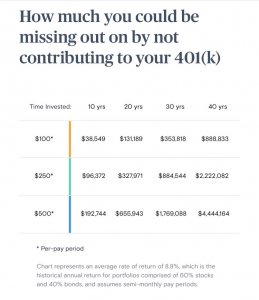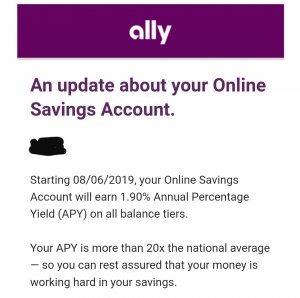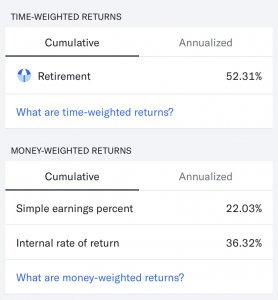- Apr 30, 2011
- 10,915
- 2,735
Yeah I know, but maintaining one and using it cost money potentially. I know where I work now theres a 35$ Maintenance fee and ticket charges are 22.50 per equity trade.
Housing an account isnt free though, there are several potential costs associated with having an IRA account.Where does one go to set up these personal ROTH / IRA accts?
Should cost $0 to open an account. Expense ratios for mutual funds are a given but are minimal.
It doenst have to cost that much, but I wanted to give him a quick heads up of things to look for.
:x
Which is why I always recommend Vanguard. Solid funds with the lowest expense ratios, no maintenance fee so long as you sign up for e-delivery, no trade fees for their funds.


 mutual funds is what my parents recommended since that's what they use and it's worked out for them. I'm very open to other investments.
mutual funds is what my parents recommended since that's what they use and it's worked out for them. I'm very open to other investments.















